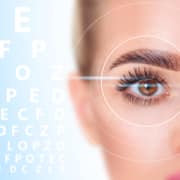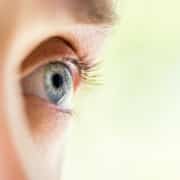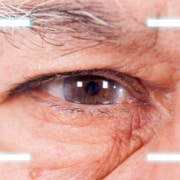What you should know about LASIK
If you have been considering LASIK surgery to help reduce or remove the need for wearing glasses or contacts, there are several things you should know. Read on for eight things you should know about LASIK.
- Your eyes must be healthy to undergo LASIK surgery. If you have severe dry eye syndrome, conjunctivitis or pink eye, or any type of eye injury where you are still recovering, you will need to wait until those conditions are resolved before you can undergo LASIK.
- If you have cataracts or uncontrolled glaucoma, you may not be a candidate for LASIK.
- You must be in good health to be considered for LASIK. Uncontrolled degenerative conditions or autoimmune diseases may prevent you from having LASIK done. Certain medications may also interfere with post-operative healing and contribute to dry eye syndrome. You will want to share your complete list of medications and vitamins and supplements with your doctor during your consultation.
- Your corneas cannot be too thin. LASIK works by reshaping the front surface of the eye known as the cornea. The cornea must have enough tissue thickness in order for you to have surgery. Other surgical options may be better suited for you.
- You must be at least 18 or older to have LASIK. When you are a teenager, and even a young adult, your eyes continue to change.
- If you have a prescription, it’s important that your prescription is stable for at least a year before you are able to proceed with LASIK.
- Women who are pregnant or nursing are not good candidates for LASIK as hormonal changes can alter the shape of the cornea. You will want to wait until a few months after you have finished nursing before getting LASIK done.
- It’s important to have a positive frame of mind and realistic expectations for the outcome of surgery. Be sure to discuss all potential risks and possible side effects before you decide to undergo LASIK surgery.
To learn whether you are a candidate for LASIK, call 808.955.3937 for a consultation.










